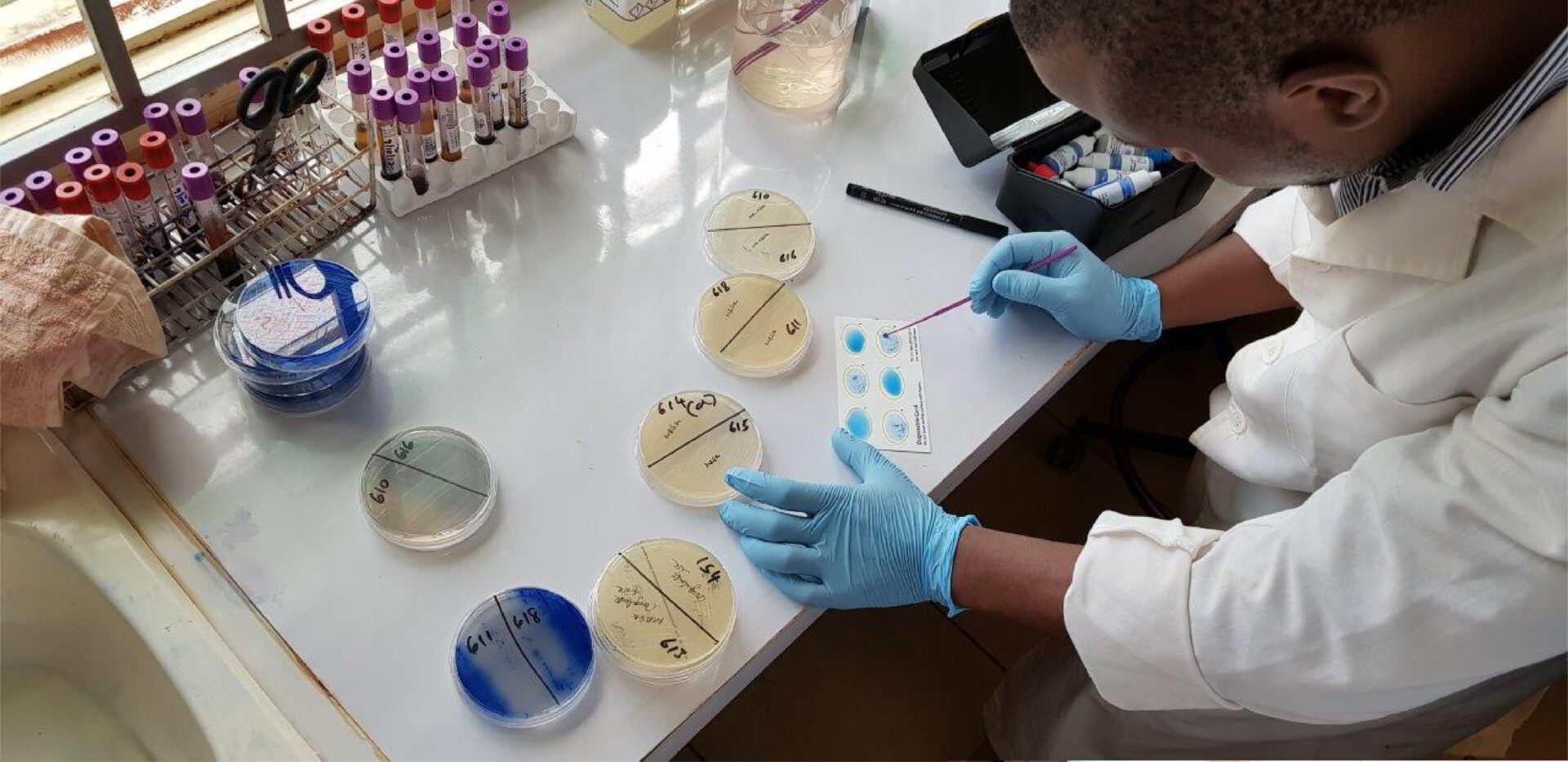Taking care of your pets’ health, veterinary diagnostics is a top priority. Advanced veterinary facilities provide crucial insights for household pets.
Throughout this resource, we’ll learn about the impact of animal health testing and highlight key tests.
What Are Veterinary Laboratories?
Pet testing facilities specialize in processing samples to support animal care. These labs rely on specialized equipment to support better medical decisions.

Important aspects of veterinary labs include:
- Diagnosing conditions promptly: Allows for faster treatment.
- Regular health assessments: Keeps you informed about your pet’s progress.
- Evaluating care plans: Helps refine care approaches.
Essential Pet Health Exams
Pet testing services conduct various tests to assess medical conditions. Popular exams include:
- Hematology screens: Assess organ function.
- Bladder health evaluations: Identify kidney problems.
- Digestive system diagnostics: Identify worms or parasites.
- Dermatological evaluations: Diagnose environmental or food allergies.
- Advanced imaging scans: Detect internal injuries.
Why Routine Exams Are Important for Pets
Consistent diagnostic exams provides peace of mind. Through preventative measures, your pet can recover more quickly.

Key reasons for routine testing include:
- Enhanced quality of life: Keeping them thriving helps pets enjoy a better life.
- Lower medical bills over time: Avoiding invasive procedures saves on costly treatments.
- Peace of mind for pet owners: Take action when needed.
diagnostic laboratório veterinário
diagnóstico laboratório veterináriolaboratório de análises clínicas veterinárias
Why Testing is Key for Dogs and Cats
Animal health testing facilities help keep pets healthy in supporting their health journey. By making diagnostics a priority, you stay ahead of potential health issues.
Talk to your veterinarian about testing options to help them live their best life!